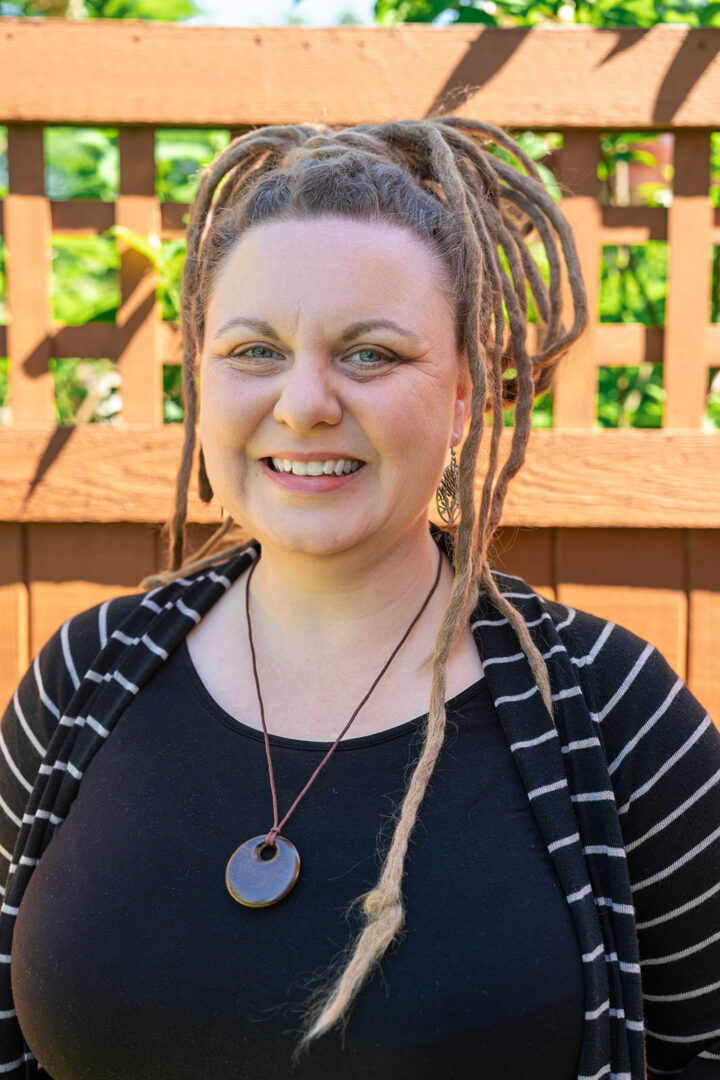We caught up with the brilliant and insightful Danielle Kulp a few weeks ago and have shared our conversation below.
Danielle, so good to have you with us today. We’ve always been impressed with folks who have a very clear sense of purpose and so maybe we can jump right in and talk about how you found your purpose?
I believe our purpose evolves over time as we gain new insights about the world and ourselves. Sometimes, it’s not just about discovering something new—it’s about re-finding ourselves, reclaiming the parts of us that we may have pushed aside for various reasons.
For me, finding my purpose has been about coming home to myself. I spent nearly a decade working for a company I truly loved, doing work that felt meaningful. But like many organizations, they underwent structural reorganizations to increase efficiency. Over the course of four years, I experienced three of these restructures—and each time, my position was eliminated.
After the third restructuring, I told myself: If I have to reapply for a role again, it’s time to find something new.
This was an incredibly challenging transition. I had envisioned retiring with this company. My daughter was a toddler, and COVID was just beginning to shut everything down. In that uncertainty, I spent a lot of time reflecting. I asked myself:
What were my favorite roles and jobs?
What parts of those roles lit me up?
What aspects did I avoid, and why?
How do I want to show up in the world?
How do I want to contribute to society—and to myself?
That reflection led me to a powerful realization: I love coaching others and helping people reach their goals. But I didn’t want to be a life coach or go back to school for psychology. Instead, I asked myself: What part of my life have I truly succeeded in—something that felt meaningful and fulfilling—that I could coach others through?
This is how the idea of becoming a Financial Coach and Advisor took shape. I had always wanted to be an entrepreneur—since elementary school, in fact. I remembered how stressed and uncertain I felt about managing my financial life, and how empowering it was when I finally figured it out. I didn’t have an advisor or coach to guide me—I had to navigate it on my own. And I realized that working with an advisor is about more than just financial strategy—it helps people stay focused on their values and goals, increasing their likelihood of achieving what truly matters to them.
I think many of us get stuck doing a job, forgetting to pause and ask ourselves:
What is truly important to me?
What do I value?
How do I want to make a positive impact?
When we take time to reflect—on our childhood dreams, the experiences that brought us joy, and even those that didn’t—it gives us the ability to reshape and redefine our purpose, allowing it to manifest in ways that feel uniquely our own.
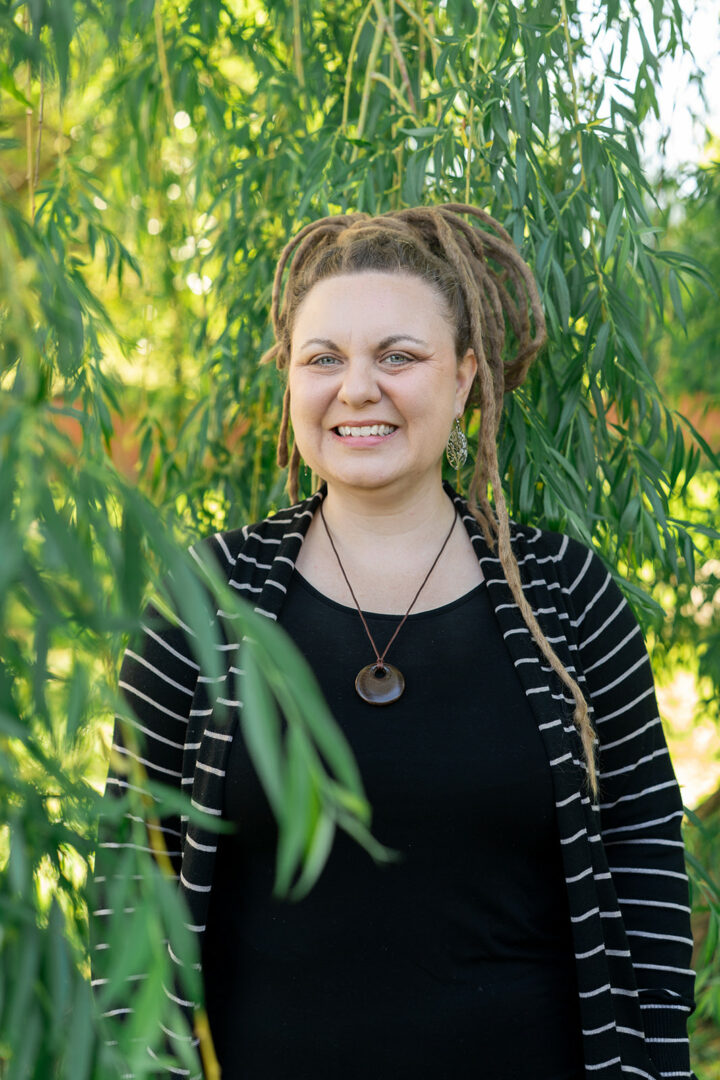
Thanks, so before we move on maybe you can share a bit more about yourself?
I am a dedicated financial coach and advisor, passionate about empowering individuals and families to make confident money decisions and build the life they truly desire. My holistic approach ensures that financial strategies align with personal values, creating a foundation for long-term stability, abundance, and peace of mind.
What makes my work unique is the integration of coaching and advising—allowing me to support clients through their entire financial journey. Many financial coaches focus on budgeting and financial education but aren’t able to implement the strategies needed to bring those plans to life. Conversely, not all advisors take the time to start with coaching and education, meaning clients may miss the deep, foundational work needed for lasting success. I bridge that gap by offering both.
With a commitment to complete financial wellness, I guide clients through personalized financial guidance, mindful budgeting, and strategic investing, all while addressing money mindset, limiting beliefs, and personal values. This individualized approach ensures that each client moves at their own pace—whether they need a gradual, confidence-building process or they’re ready to dive in with momentum.
Together, we navigate the complexities of personal finance, creating a sustainable, values-driven financial strategy that enhances overall well-being.
I specialize in helping individuals navigate major life transitions, such as career changes, divorce, marriage, parenthood, and unexpected financial shifts. These moments bring uncertainty, but they’re also opportunities to redefine financial confidence and security. Additionally, I love working with families and young adults, guiding them through the foundational steps of financial literacy to set them up for success as they grow and evolve.
Importantly, I do not require investment minimums—because I believe financial guidance should be accessible to everyone, no matter where they are on their journey. Whether you’re just starting out, rebuilding after life changes, or seeking clarity and confidence in your financial decisions, my goal is to help you feel empowered, informed, and aligned with your money so you can create a life that reflects your values and aspirations.
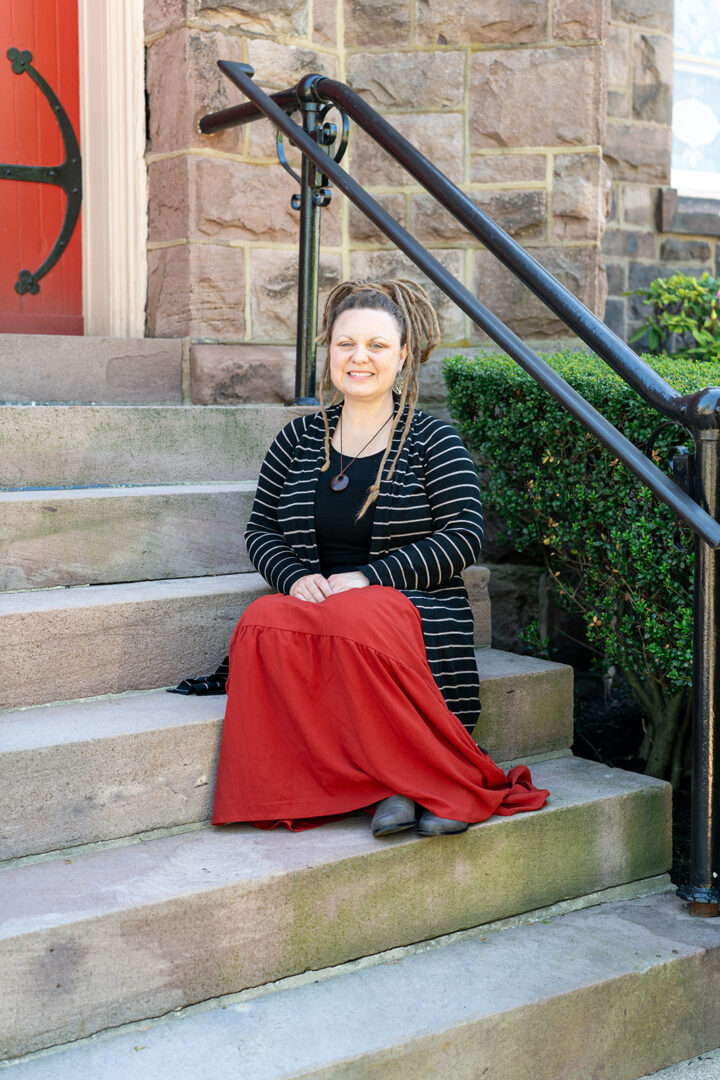
There is so much advice out there about all the different skills and qualities folks need to develop in order to succeed in today’s highly competitive environment and often it can feel overwhelming. So, if we had to break it down to just the three that matter most, which three skills or qualities would you focus on?
This is such a fun question because soft skills can truly take you anywhere on your journey in life. The first essential skill is self-awareness—recognizing both your strengths and areas for growth. When you can confidently say, “I’m really good at problem-solving and getting to the root cause,” you can focus on developing that skill into excellence. Conversely, when you recognize “I am not proficient with hand-eye coordination,” you can decide whether to improve it or let it go, depending on its relevance to your path.
It’s also important to ask: Is this an area I truly enjoy? Sometimes, a skill is worth developing—not for your profession, but for personal fulfillment. For example, I love writing haiku poems, but I practice it for myself, not because I plan to publish a book. The distinction between passions and professional skills helps guide where to invest time and energy.
Another critical skill—one that’s often overlooked—is listening. As a natural problem-solver, my instinct is to jump in and fix things. But I’ve learned the value of pausing, listening, and truly absorbing what’s being shared. Keeping a notebook helps—I jot down thoughts, solutions, and deeper questions to revisit when the time is right.
Often, we feel invisible if we don’t speak up—but listening and observing are important ways to make positive impact. Those who listen bring insight, perspective, and depth to conversations, often offering solutions that others overlook.
Finally, embracing lifelong learning is one of the most powerful qualities you can develop. No one has all the answers, and being comfortable saying, “That’s a great question! Let me look into it so I can give you the right information,” builds trust and strengthens your knowledge.
We often learn best by teaching others, and when a question stumps you, don’t be embarrassed—see it as an opportunity. Instead of defaulting to “I don’t know,” try framing it as, “I want to make sure I give you the right answer—let me check into that.” This keeps you confident, engaged, and open to growth.
In a digital world where people crave authenticity, humility, and connection, mastering these qualities will take you far—professionally and personally.
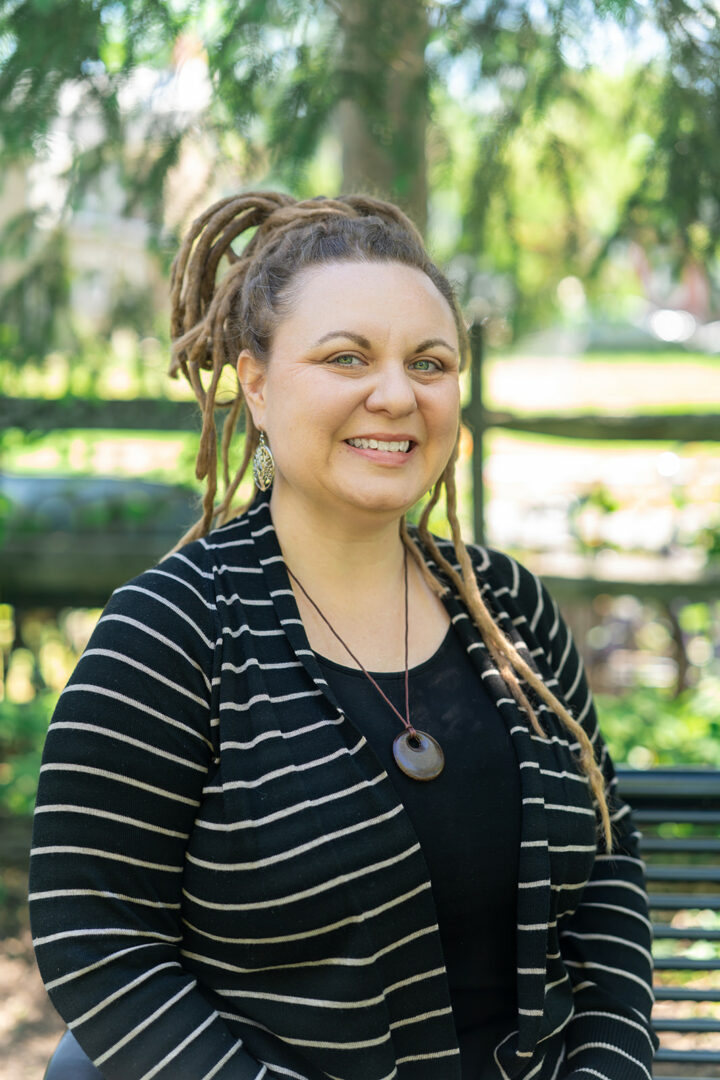
Any advice for folks feeling overwhelmed?
Overwhelm can creep up on us, can’t it? You feel like you’re fine, and then—out of nowhere—that one thing topples the entire pile of to-dos you were precariously juggling.
Starting a business in a new career field is challenging on its own—building clients, networking, and handling all the administrative tasks. But when you add in parenting, caregiving, volunteering, and managing multiple schedules, things can build up fast—and explode before you even realize it.
To prevent this, I take time quarterly to review my schedule and routine, adjusting as needed. Recognizing major transitions—from the school year to summer break, back-to-school, holiday shifts, and beyond—allows me to make adjustments ahead of time rather than reacting under stress.
I also prioritize daily rituals to create stability and balance:
Morning Routine: I wake up around 5 a.m. most days. My self-care ritual includes coffee, stretching, meditation, and checking the news—helping me ease into my day with clarity.
Evening Routine: Between 6 and 7 p.m., I limit or eliminate social media, set my phone to Do Not Disturb, and wind down with stretching, meditation, reading, and quality time with my daughter.
Daily Walks: After dropping my daughter off at school or camp, I take a walk—giving me space to reset before diving into work.
Despite these habits, overwhelm still happens—and when it does, I turn to nature. Walking outside, even for just 10 minutes, helps me settle my mind and process my emotions before responding or tackling the next task. If possible, I seek out the river or the lake, allowing the peaceful energy of water to recenter me.
Another practice I love is forest bathing—sitting in the woods and observing the details around me:
How many different types of trees do I see?
The movement of insects through bark and soil.
Birds flitting from tree to tree.
If I find myself stuck in a loop of stressful thoughts, I use a simple grounding technique: 5 things I can see, 4 things I can hear, 3 things I can smell, 2 things I can feel, 1 thing I can taste
This brings me back to center, calms my nervous system, and allows me to move through my day with more clarity.
Overwhelm doesn’t disappear when ignored—it builds up and leads to burnout. Instead of pushing it aside, try to identify your triggers and proactively adjust your schedule or ask for support. And when stress inevitably pops up, having a go-to grounding practice will help you return to balance.
Contact Info:
- Instagram: https://www.instagram.com/hippie_finance/
- Linkedin: https://www.linkedin.com/in/dlkulp/
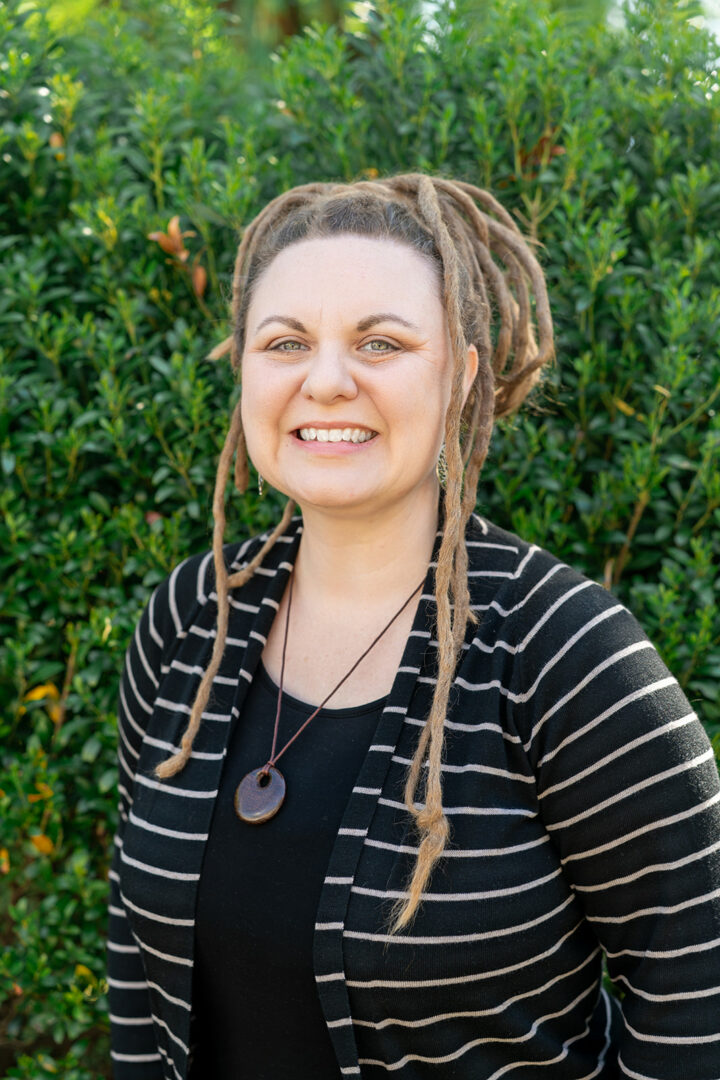
Image Credits
Kim Flannery
https://www.flannerymedia.com/
so if you or someone you know deserves recognition please let us know here.

